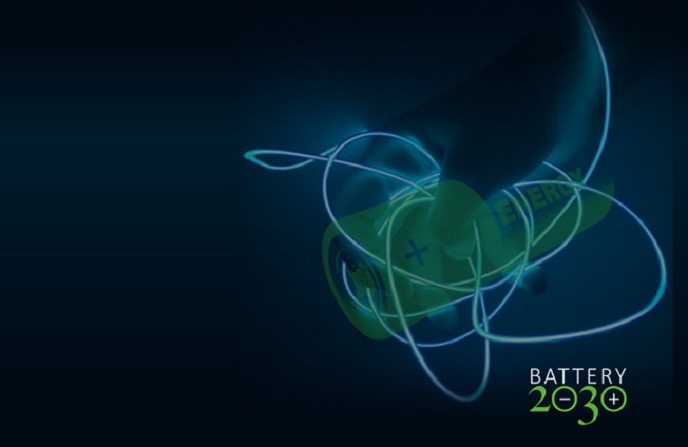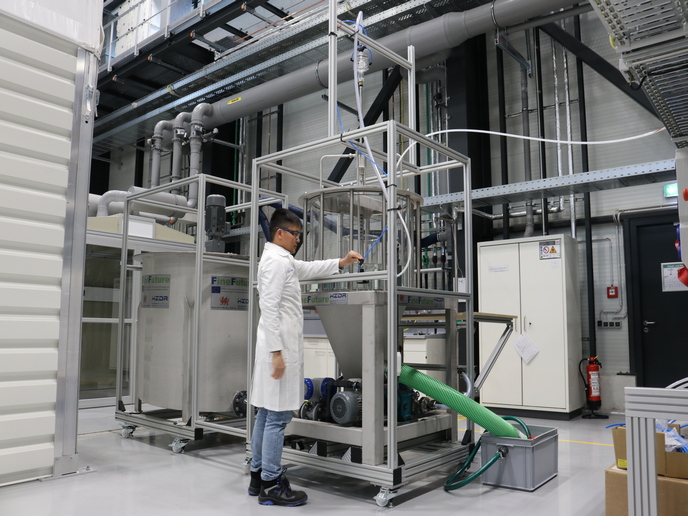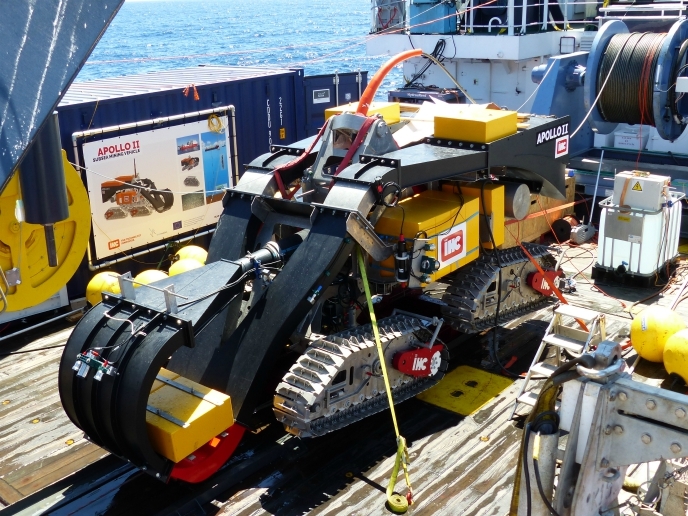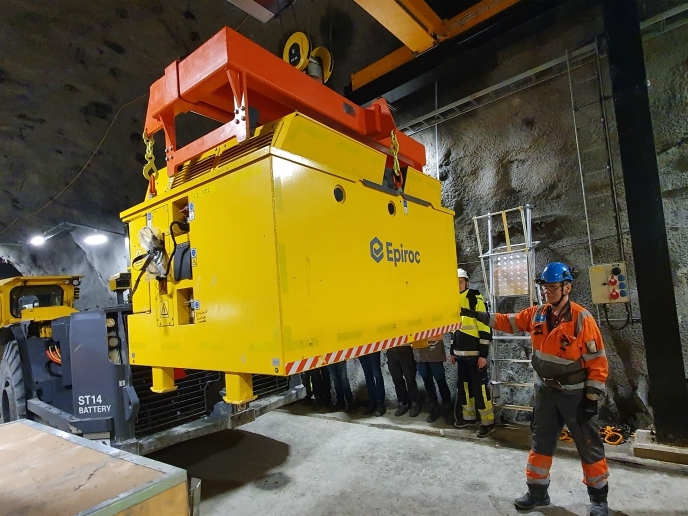Mineral variability in sub-marine geysers
Growing interest in mining seafloor deposits of metals highlights the need for greater understanding of the chemical exchanges between the lithosphere (the Earth's outermost rocky shell) and the oceans covering much of it. The global geochemical balance also has important implications for climate change. EU-funded scientists working on the project ISOBAB studied unique hydrothermal systems associated with mineralisation to gain fundamental insight into sub-seafloor processes involved in metallogenesis.First discovered in 1977, hydrothermal vents are like geysers of super-heated mineral-rich water spewing from fissures along the ocean floor. Hydrothermal processes in back-arc basins (BABs), a special type of sub-marine basin, generate a rich variety of vent chemistry and mineral deposits and therefore, chemical exchanges are important here. Two sources likely contribute to BAB ore deposits: metal-rich magmatic fluids and sub-seafloor metal precipitation/remobilisation. However, the contribution of each is not clear.ISOBAB chose non-traditional isotopes of cadmium, zinc and antimony coupled with sulphur isotopes in seafloor hydrothermal vent systems (fluids, deposits and substrate rocks) to gain insight. They added iron and copper isotopes to the planned analyses early in the project for a comprehensive picture of mineralisation. Through a combination of experiments and modelling, the team successfully described the main contributors to isotope variability in vent fluids as well as ruled out factors that do not contribute.Results are important to the EU's future in ocean exploration and ocean mining as well as to its excellence in non-traditional stable isotope chemistry. A broader perspective includes a role for fundamental understanding of hydrothermal systems and their contribution to geochemical exchange in fostering better insight into implications for global climate change.







